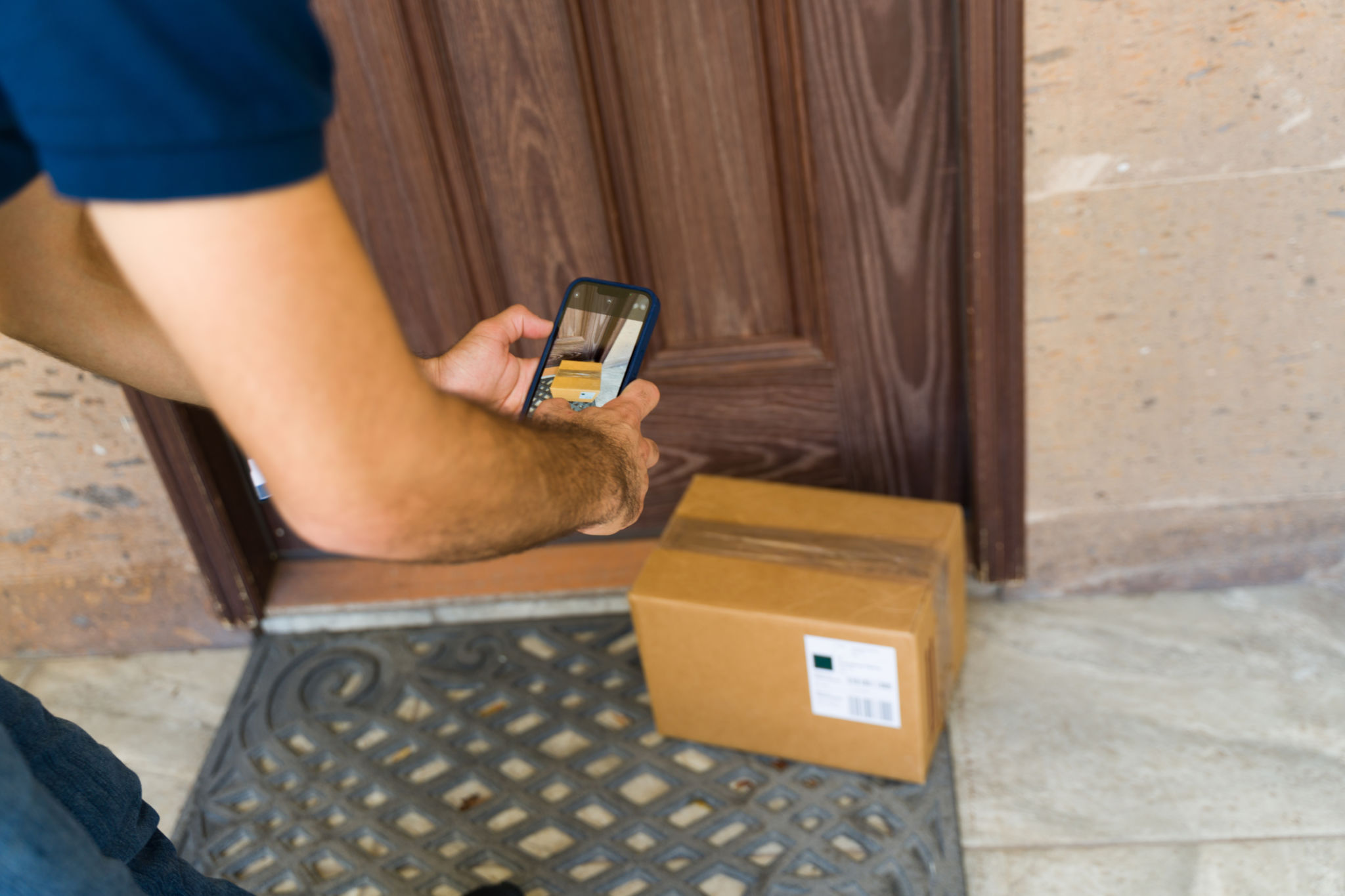The Importance of Proof of Delivery in Carrier Agreement Compliance
Understanding Proof of Delivery
Proof of Delivery (POD) is a crucial element in the logistics and supply chain industry, serving as a confirmation that goods have reached their intended destination. It is an essential component in carrier agreements, ensuring that all parties involved in the transportation process are on the same page regarding the delivery status. By providing a verifiable record of delivery, POD helps prevent disputes and enhances transparency between shippers, carriers, and customers.
The importance of POD extends beyond mere confirmation of delivery. It also plays a vital role in maintaining compliance with carrier agreements, which are often detailed contracts outlining the responsibilities and expectations of both carriers and shippers. Failure to adhere to these agreements can result in legal complications, financial penalties, and damaged business relationships.

The Role of Proof of Delivery in Carrier Agreement Compliance
Carrier agreements are legally binding contracts that specify terms such as delivery times, handling procedures, and other logistical details. Proof of Delivery acts as a safeguard for both shippers and carriers by providing tangible evidence that the terms of the agreement have been met. This documentation can help resolve disputes that may arise over delivery claims, ensuring that all parties remain compliant with the agreed-upon terms.
Moreover, POD facilitates smooth communication and accountability within the supply chain. When discrepancies occur, having access to a clear and concise record of delivery can expedite problem-solving processes and reduce the risk of misunderstandings. This not only preserves the integrity of the agreement but also fosters trust between business partners.
Benefits of Implementing Proof of Delivery
Implementing a robust POD system offers numerous benefits for businesses engaged in shipping and logistics. These benefits include:
- Improved Accuracy: POD systems minimize human error by providing accurate, real-time data on deliveries.
- Enhanced Customer Satisfaction: Customers can receive timely updates on their deliveries, leading to increased trust and satisfaction.
- Reduced Operational Costs: Automated POD processes streamline operations and reduce administrative burdens.

Technological Advancements in Proof of Delivery
In recent years, technological advancements have transformed how proof of delivery is managed. Digital POD systems leverage mobile devices and cloud technology to capture and store delivery data efficiently. These systems often include features like electronic signatures, GPS tracking, and photo capture, providing additional layers of verification.
The adoption of digital POD solutions not only enhances compliance with carrier agreements but also offers greater flexibility and scalability for businesses. By integrating these technologies into their operations, companies can stay competitive in an increasingly digital world and ensure that their delivery processes are both efficient and reliable.

Challenges in Maintaining Compliance
Despite the advantages of proof of delivery, maintaining compliance with carrier agreements can present challenges. Factors such as inconsistent data entry, technical malfunctions, or resistance to technological adoption can hinder the effectiveness of POD systems. To overcome these challenges, businesses must invest in staff training and ensure that their POD solutions are user-friendly and reliable.
Another challenge is navigating the complex landscape of international shipping regulations. As global trade continues to grow, companies must stay informed about varying compliance requirements across different regions and adapt their POD processes accordingly. This requires a proactive approach to monitoring regulatory changes and updating systems as needed.
The Future of Proof of Delivery
Looking ahead, the role of proof of delivery in carrier agreement compliance is expected to evolve further as technology continues to advance. Innovations such as blockchain and artificial intelligence hold the potential to revolutionize how delivery data is recorded, stored, and shared among stakeholders. These technologies promise even greater accuracy, security, and transparency in delivery processes.
As businesses embrace these new technologies, they will be better equipped to face the challenges of an ever-changing logistics landscape. By prioritizing proof of delivery within their operations, companies can ensure continued compliance with carrier agreements while fostering strong partnerships with their clients and carriers.
